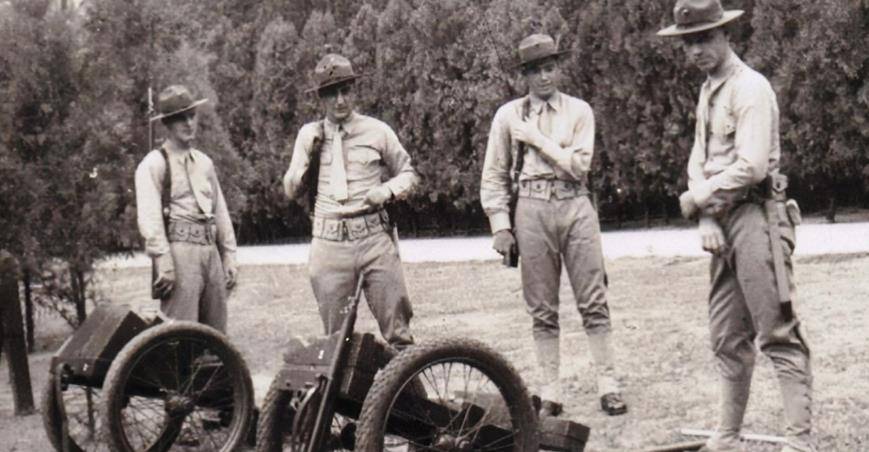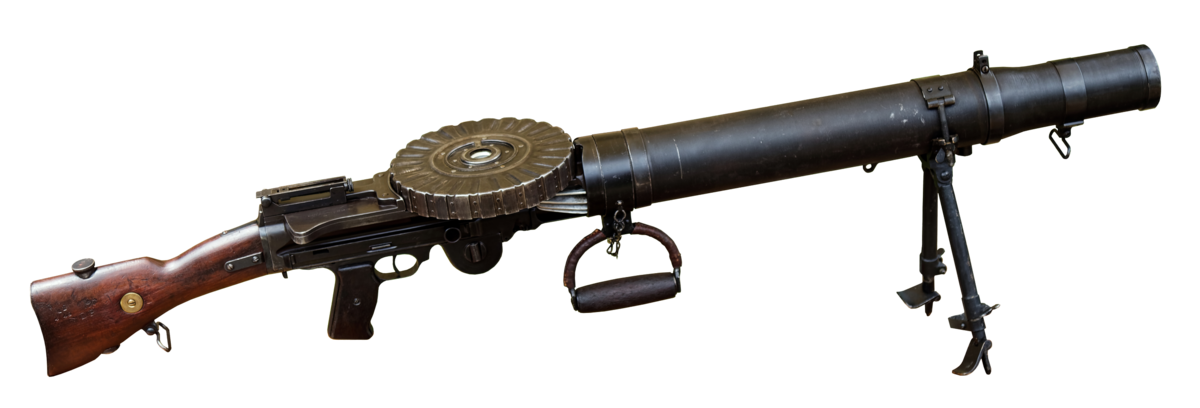
Category: Well I thought it was neat!

“I sure wish we would have to mix with some of the [Warlord] armies over here as I would like to see if they are good in a scrap” – Pvt John Black, 3rd Brigade USMC, Tientsin, 15 Dec 1927
Until February of 1938 the Marines did not maintain a permanent presence in Tientsin. The city on the Pei ho River (Hai River) with both road and rail access served as a natural gateway to Peking. In 1900, during the Boxer troubles the Marines did fight here and earned the respect of a number of their allies for their courage under fire.
Furthermore, until shortly after WWI they routinely used the city as a logistics center for gathering supplies off loaded at the shallow water ports of Taku and Tangku. In the 1920’s they occasionally occupied the city when fighting between local warlords threatened to cut off Peking from the outside world. But apart from Smedley Butler’s 1927-28 expeditionary force, they rarely stayed beyond a few weeks. Bulter redeployed his force from Shanghai and brought them to Tientsin because he feared the fighting between the Nationalist forces and the warlord armies might cut off Peking from the outside world.
Pvt Black summed up Butler’s mission in much simpler and cruder terms: “I think I will have to go to Peking again soon as there is quite some fighting there and I am one of many that is here to see that when these Chinks fight that they don’t mix with anybody that is white.” Black never had to fight his way to Peking and by January 1929 Butler’s Marines returned stateside, leaving on rather good terms with the Chinese. Follow this link to pictures of Butler’s activities in Tientsin.
10 Novemebr 1928, Gen Butler and American Minister to China John Van Antwerten MacMurray along with Chinese officals at a dedication to a Sino-American cooperation and friendship project to honor of the opening of a highway between Tientsin and Peking.
10th Artillery park outside Tientsin
A company on paradeInstead, Tientsin was an Army town, as elements of the 15th US Infantry garrisoned Tientsin from January 1912 until they were withdrawn in March 1938. At that time the Marines took over the 15th old post,remaining until forced to surrender to the Japanese on 8 Dec 1941.
A common misnomer is the Tientsin compound was originally German barracks vacated during WWI. Although the buildings the 15th and the Marines used were inside the old German concession, the buildings were originally built as a residential apartment complex. Associated with Tientsin was the deep water port city of Chinwangtao. Since Tientsin was a shallow draft port, larger ocean vessels such as US Navy transports had to dock at Chinwangtao.
Chinwangato became after WWI, the primary entry point for Marines coming to north China. In addition, the 15th Infantry maintained a training camp with artillery range at Chinwangtao.
When the Marines took over Tientsin in 1938, they also assumed control of this camp which they renamed Camp Holcomb. Since Camp Holcomb was close to Chinwangtao, Marines were immediately dispatched to covertly record Japanese movements in and out of the port following the outbreak of hostilities between the Chinese and Japanese during the summer of 1937. Like the Peiping Marines, the Tientsin-Chinwangtao Marines were surrendered at the start of WWII.
Following WWII the 1st Marine Division was based at Tientsin from 30 September 1945 until their September 1947 withdrawal. The 1st along with the 6th Marine Division at Tsingtao were tasked with disarming and removing Japanese forces from North China as well as protecting the approaches to Peking. For some brief excerpts and images of post WWII duty around Tientsin and Tsingtao click here.
Gordon Hall during the Great Flood of 1938. Photo courtesy of the Tim Brig Collection
Training on the parade ground. Photo courtesy of the Tim Brig Collection
Marines with their Cole Carts. Photo courtesy of the Tim Brig Collection
 Rare pre-WWII color images of the Tientsin Marines drilling on their parade field
Rare pre-WWII color images of the Tientsin Marines drilling on their parade field
Parade practice, 1938
Marine Guards, Camp Holcomb, 1938.
The other Mean Joe
Coffee anyone?
Ok, one of my favorites. Truly a ‘Strange’ one. This is the Lewis Light Machine 
The wide ‘barrel’ is actually a aluminum web heat sink inside a brass collar to keep the barrel cool, it is fed by a circular pan of 97 rounds in a drum that could be replaced by an infantry gunner and his assistant in about 30 seconds using this handy tool.
Simple right?
Unless of course, you’re in an aircraft, specifically a very light handling Martinsyde Scout and it’s 1915, before there was ever such a thing as an interrupter gear so that you could shoot through your spinning propeller.
So, in YOUR case, the Lewis gun is on the top of the wing above the pilot’s seat, so that you can reach with one hand as you manipulate the gun, charging, readying the weapon, etc.. Hopefully, you won’t have to reload another drum.
Or deal with a jam, like what happened to (believe it or not) one Captain Louis Strange.
With an enemy plane in his sights he got off one or two rounds and his Lewis gun jammed. Turning away, he tried to charge the weapon, and realized that to clear the jam he would have to loosen the drum with that tool and then tighten it back down,…. while flying,…. with an enemy observer still firing at him. So he put the plane into a gentle climb loosened his restraint, and holding his joystick between he knees, stood up to adjust the drum with that tool using both hands.
You see what’s coming, right? Well, he didn’t.
Just as he got the first turn to loosen the drum slightly, the plane stalled and spun, and out of the cockpit he went, with his only handhold to his craft the now loosened Lewis drum.
8000 feet in elevation doesn’t give one much time, or options, especially with an enemy still in range with a loaded weapon.
So, brilliant man that he was, Captain Strange realized that his handhold was tenuous at best, so he switched one hand to grab the upper mount bracket of the weapon (just as his other hand slipped) and managed to swing a leg upward to try and kick the joystick over as the plane was now in an upside down dive.
After what must have seemed like forever, he did manage to do just that, but the sudden spin of the aircraft as he connected with his foot dropped him into the pilots seat with such force that he broke the seat and pinned the control wires running beneath it to the tail, and his numerous misses at the joystick had smashed many of his gauges and indicators.
Managing to half crouch and lift the seat with one hand, he was just able to control the aircraft and get back to level flight just at treetop level and head back to his airfield. Where he was chastised for ‘willful damage to his own aircraft’.
He would finish the war as a Lieutenant Colonel with a DSO, DFC, and Military Cross, along with three Mentions in Dispatches and remained in the RAF until retiring through poor heath brought on by his war service in 1922.
But he would still mobilize and serve at the age of 48 in 1939 in the RAF, earning a second DFC for flying a Hawker Hurricane from France to England, despite the fact he had never flown the plane before, and was set upon by no fewer than six enemy Messerschmitts. The plane he flew had no ammunition when he took off, so his exploit was simply to avoid the enemy planes by extreme low-level fast flying through a small French town and the countryside, dodging church steeples and trees.
He passed away in 1966 at the age of 75.
